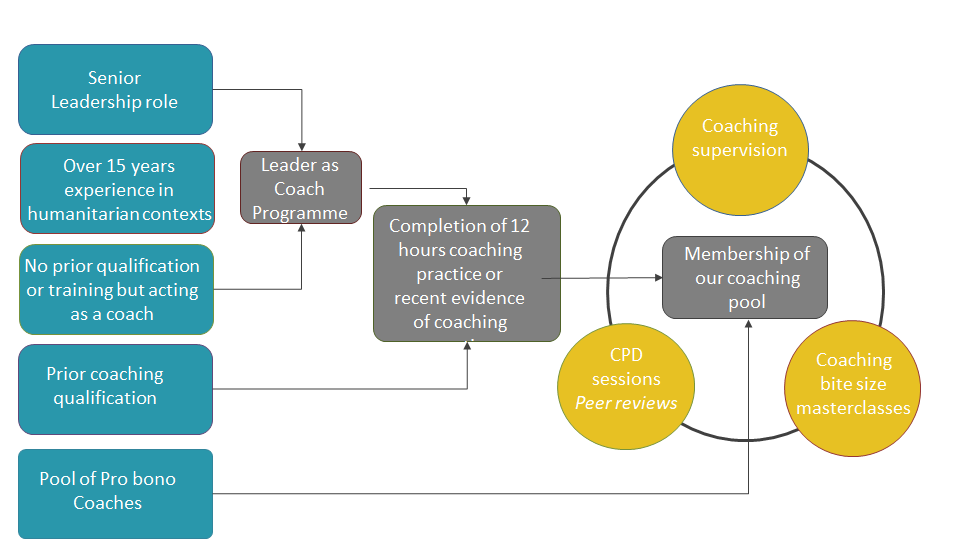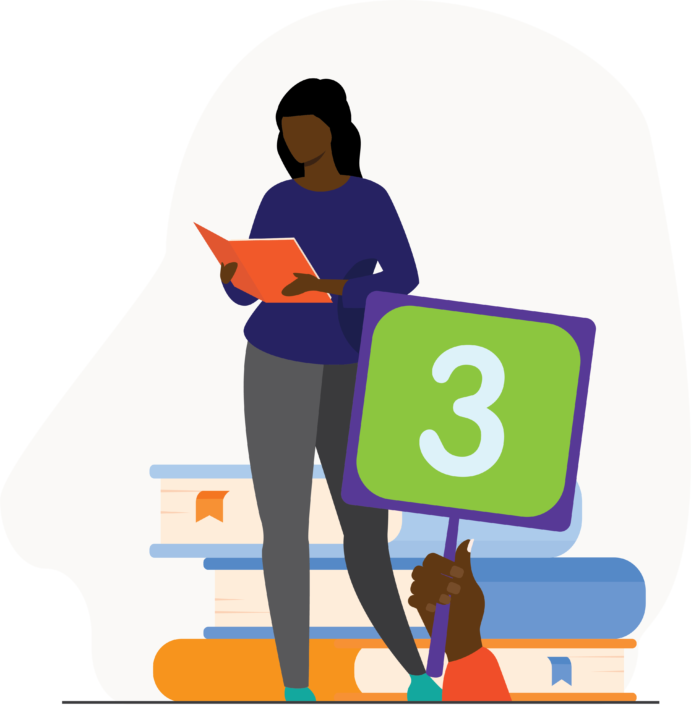DEVELOPING LEADERSHIP CAPABILITIES THROUGH A COACHING LENS
Covid-19 is an unprecedented, global public health crisis with far reaching impacts, particularly in fragile contexts where people are at their most vulnerable and will be impacted for months and years to come. Constant change and unpredictability are a natural manifestation of the working environment and in this unstable VUCA world, providing a sense of control and stability can help prepare people for uncertainty
Leaders are now working in environments which are new, of completely different scale and where both work and home are often equally affected and impacted. Leaders are under incredible levels of pressure as they navigate a rapidly changing landscape which necessitates new ways of leading and working; with an increased focus on providing emotional/pastoral care for their teams. The unprecedented scale of this global pandemic are presenting personal and professional challenges including remote working both within immediate teams and partners etc, the absence of global surge capabilities; dealing with loss and/or a reduction in workforce to deliver against high demand of need as well as battling a public health emergency.
While there are several initiatives in play to leverage coaching and mentoring to support leaders and their teams, the demand is ever increasing.






